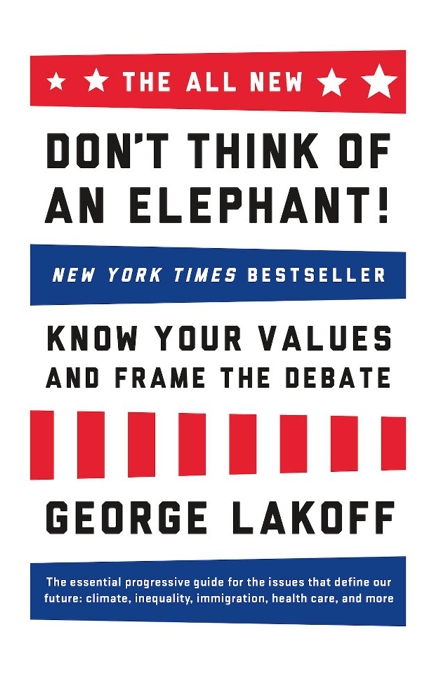Warning: Undefined array key "ssba_bar_buttons" in /usr/home/movgwifi/public_html/yesedinburghwest.info/wp-content/plugins/simple-share-buttons-adder/php/class-buttons.php on line 602
Warning: Undefined array key "ssba_bar_buttons" in /usr/home/movgwifi/public_html/yesedinburghwest.info/wp-content/plugins/simple-share-buttons-adder/php/class-buttons.php on line 602
Warning: Undefined array key "ssba_bar_buttons" in /usr/home/movgwifi/public_html/yesedinburghwest.info/wp-content/plugins/simple-share-buttons-adder/php/class-buttons.php on line 602
 Ever wondered why you have had clear facts rejected? Ever had a simplistic argument repeated back to you even though there is no evidence to support it? Ever heard the statement “the truth will out”? How do you deal with these situations? Don’t assume that people behave rationally – we are often consistently irrational, relying on a number of mental shortcuts to speed up our reasoning, which can make us remarkably sensitive to how things are framed.
Ever wondered why you have had clear facts rejected? Ever had a simplistic argument repeated back to you even though there is no evidence to support it? Ever heard the statement “the truth will out”? How do you deal with these situations? Don’t assume that people behave rationally – we are often consistently irrational, relying on a number of mental shortcuts to speed up our reasoning, which can make us remarkably sensitive to how things are framed.
Reframing is changing the way the public sees the world. It is changing what counts as common sense. Because language activates frames, new language is required for new frames. Thinking differently requires speaking differently. George Lakoff defines a frame as “a conceptual structure used in thinking.” He explains that it is the emotional content of a framing that connects most strongly to people. Frames are more important than facts – people vote for their values.
Reframing is a technique which enables you to talk to someone to put your point across without reinforcing their existing preconceptions. Facts alone do not change people’s opinions. It may surprise you, but in many cases presenting clear facts actually reinforces people’s existing misconceptions. How we reframe establishment propaganda is perhaps the biggest single challenge facing us in working for independence. Without effective reframing, much campaigning effort is not only ineffective, it can actually be counter-productive – door knocking and leafletting may actually do more harm than good!
The title of George Lakoff’s book “Don’t think of an elephant!” conveys one of its main insights: if you negate a frame, you strengthen a frame. In other words, if you say “don’t think of an elephant,” you can’t help but think of one. Never activate your opponent’s frames or repeat their propaganda.
- Don’t use their language – never talk about Unionists or No voters (that reinforces them)
- Don’t repeat their words, terms, hashtags, articles, videos – even to rebut them.
- Deny them attention.
- Keep the focus proactive.
- Instead, constantly repeat your position.
- Only use facts after reframing.
- Focus on the big picture, not the detail.
- Talk to people face to face on neutral ground (work, pubs, clubs, litter picks, walking the dog etc)
It’s not what you say, it’s how you say it.
Examples of reframed messages:
- Too wee, too poor, too stupid => Big Enough, Smart Enough, Rich Enough
- Tax burden => make taxes fairer and simpler. Tax relief => tax is what we pay to live in a civilised country.
- NHS => Scottish Health Service
- Climate Change => Global Warming
- Benefits => Welfare. Pension benefit => you are owed payment for contributions in previous years.
- Private enterprise is always better than public => Private depends on the Public.
- Spare room subsidy => Bedroom tax
- Immigrants => Refugees
- EU Withdrawal Bill => Power grab
- Property rights => Land grab
- Great Britain (geography) => UK (State) => Scotland (country)
- Independent Nuclear Deterrent => Weapon of Mass Destruction
- Scottish Executive => Scottish Parliament / Government
- Regulations => Protections
- Redistribution of wealth => levelling the playing field
Of the 142 new independent countries in UN since 1947, none worried about their currency
Blair Jenkins: “If Scotland was independent, would it choose to enter a Union with the UK?”
Fracking: what about fracking under your house?
More reading : ‘The Persuaders’ by James Garvey
: ‘Thinking Fast and Slow’ by Daniel Kahneman
Yes Edinburgh West has a website, Facebook, Twitter, National Yes Registry and a Library of topics on Scottish Politics, including Independence.



